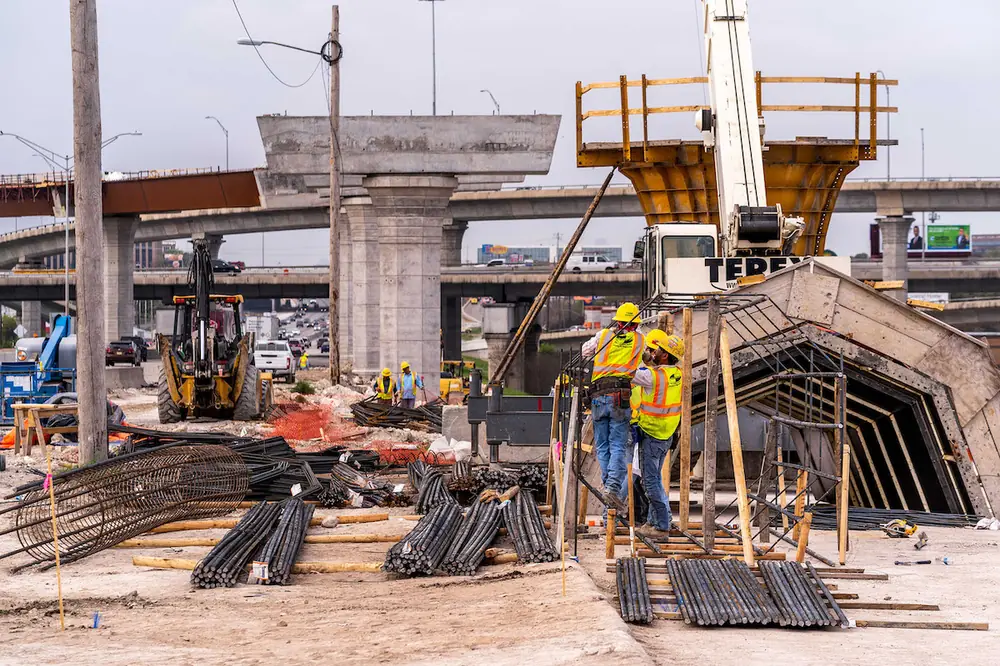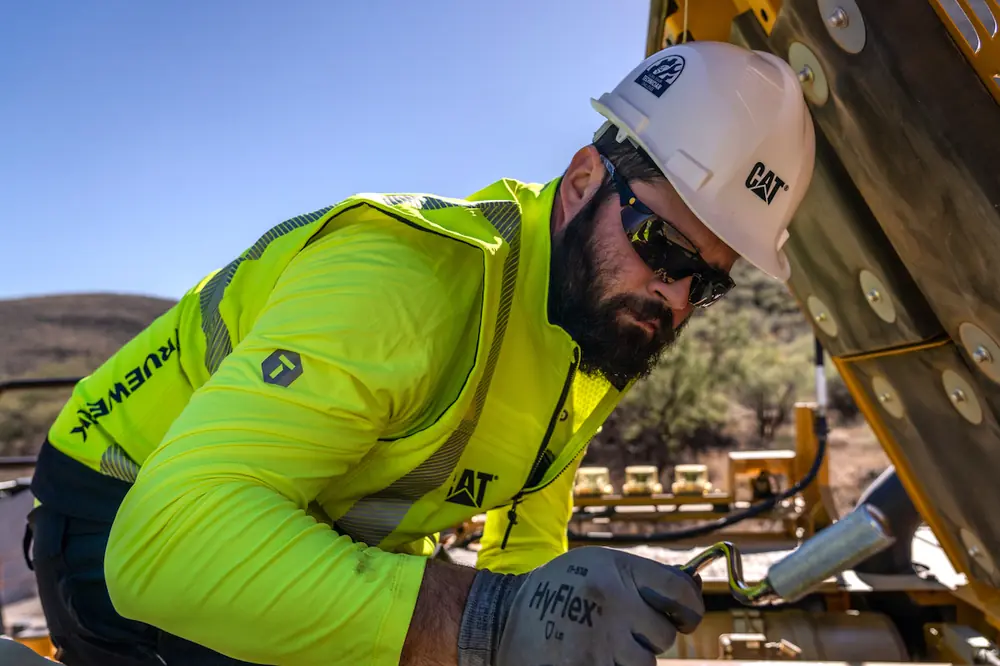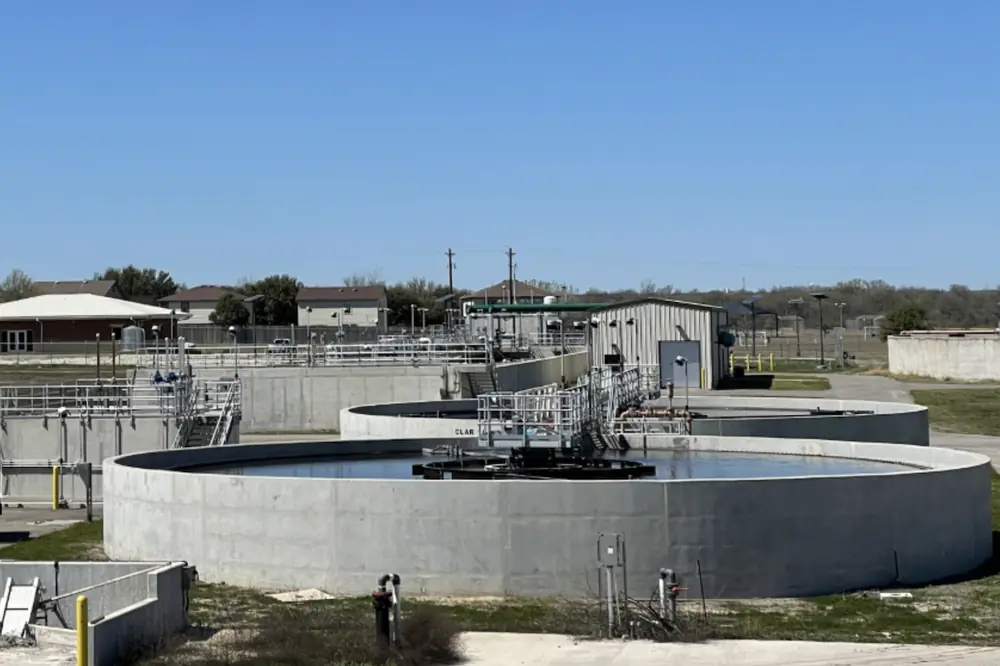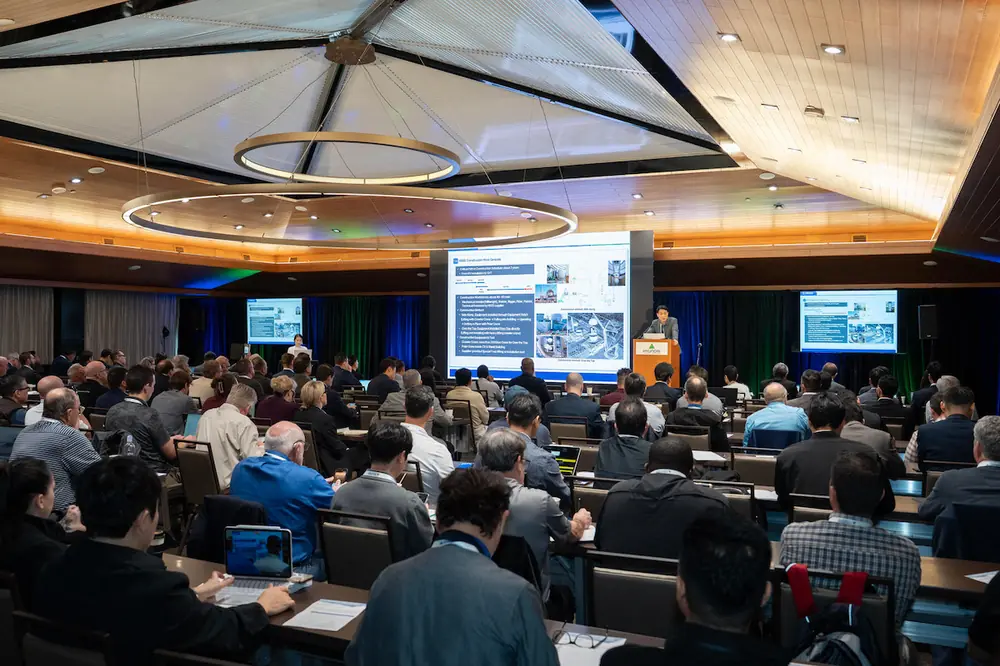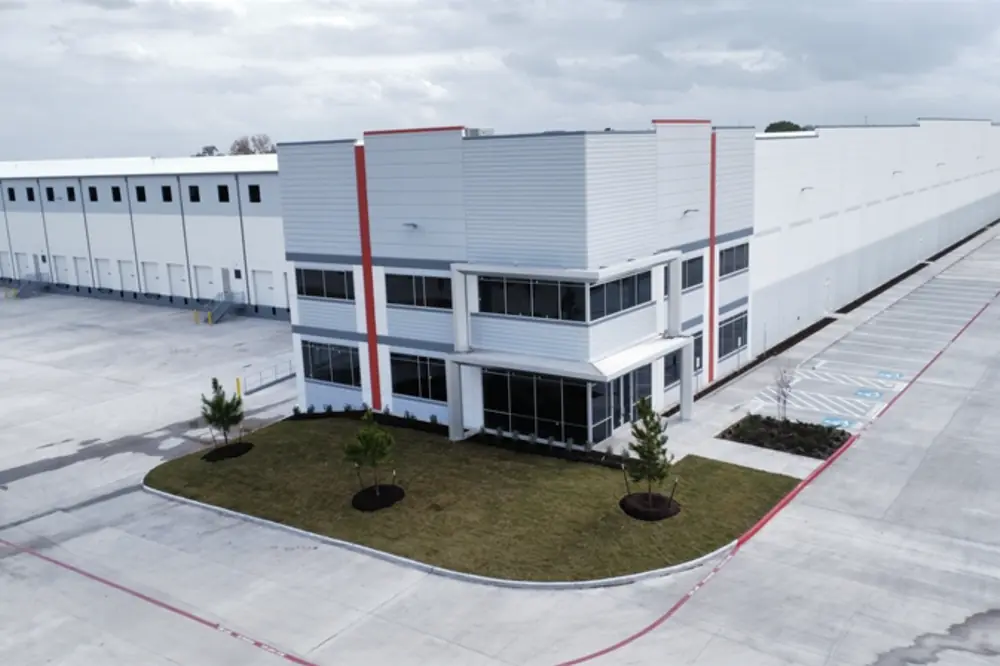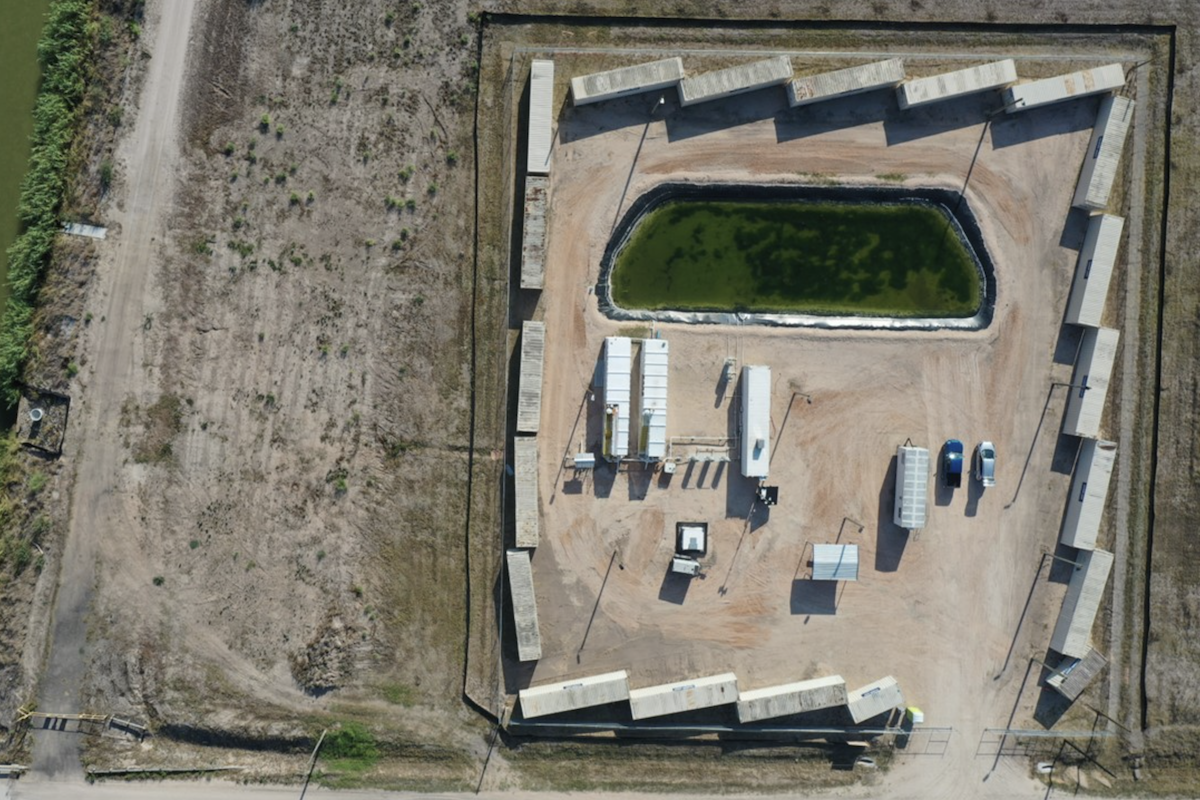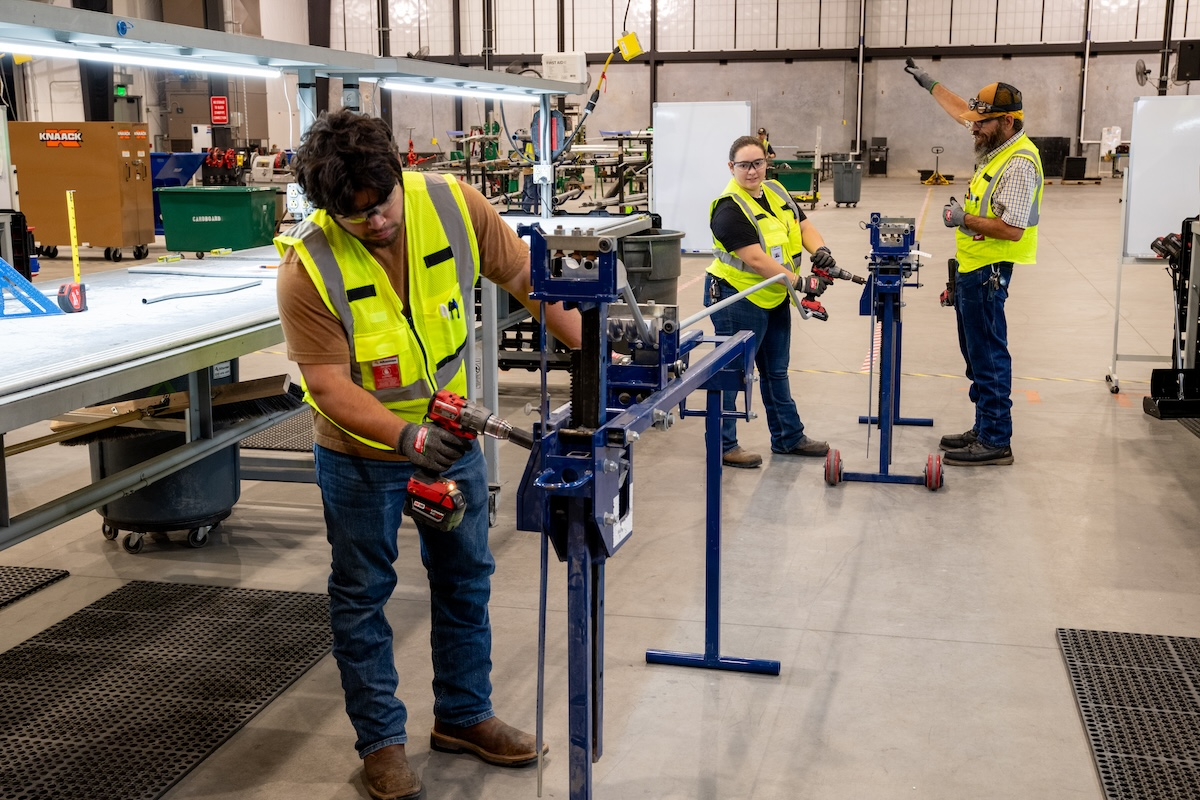Most of a general contractor’s potential liabilities arising from subcontractors’ employees are familiar. These include OSHA violations, personal injury litigation, and potential liability for wages under the laws of some other states beyond Texas borders. However, GC liabilities arising from misclassification of employees as independent contractors are more limited in scope. Nonetheless, consequences can be significant.
All employers risk prosecution by U.S. Immigration and Customs Enforcement (ICE) for failing to comply with the Immigration Reform and Control Act of 1986 (IRCA). IRCA requires employers to complete an I-9 form for any new hire to verify the employee's identity and eligibility to work in the U.S. When a subcontractor hires a genuinely independent subcontractor, there is no federal duty to verify employment eligibility through an I-9 or E-Verify.
However, any contractor may violate IRCA when it fails to complete the I-9 form properly, because such failure may signal that the contractor knows it has employed an individual that lacks authorization to work in the U.S. These violations may include actual knowledge that a person lacks authorization to work in the U.S. However, pervasive and repeated failures to properly complete the I-9 form may also be seen as evidence that an employer has constructive knowledge or was aware of employment authorization issues and deliberately or recklessly chose to ignore them. On the other hand, a contractor who has properly completed an I-9 form is protected by the good faith compliance defense and will have a basis for arguing that it did not know that the employee lacked authorization to work.
ICE is tasked with enforcing IRCA through worksite investigations, workplace raids, or investigations conducted offsite by formal requests for documents. An employer facing an investigation could be subject to various civil and/or criminal penalties, depending on the extent of the violation. Civil sanctions include cease and desist orders, fines, and seizure of assets. Fines may be imposed for technical (i.e., paperwork) violations or for hiring or continuing to employ individuals without work authorization. Although rare, criminal penalties may also be available. For GCs who do federal work, certain serious violations can lead to debarment, preventing the GC from participating in future federal contracts.

| Your local Yanmar dealer |
|---|
| CLM Equipment Co |
| WPI |
| CLM Equipment Co |
| WPI |
Indeed, some general contractors have faced significant consequences in this area. A Texas concrete company agreed to forfeit $3 million as the result of hiring undocumented workers, most of whom were hired by an independent staffing company. In another notable case, Walmart was found to be employing several cleaning subcontractors who employed undocumented workers, resulting in $11 million in penalties.
The greatest risk may come where GCs appear to be co-employers of the subcontractors’ employees. There are several steps GCs should implement to avoid such appearances and to build the GC’s good faith defense against potential violations.
Following these steps can help to protect a GC from running afoul of the IRCA:
Contracts
Subcontracts should include language requiring that subcontractors comply with the IRCA and all federal immigration laws and regulations. It is also critical that there be a provision requiring the subcontractor to indemnity the general contractor for liability caused by any alleged violation of immigration law by the sub as well as a requirement that the sub immediately remove any workers known to be ineligible to work in the U.S.
Control
A GC should limit the degree of control it exercises over the execution of the work performed by subcontractors and should not review a subcontractor’s compliance with the IRCA. However, a GC should not hire subs it has reason to believe are not complying with the law, or who are not truly independent contractors.
Raid Action Plan
Contractors should have a Raid Action Plan in place. The plan should provide guidelines to supervision regarding proper steps to take if ICE officers visit the worksite. The plan should include establishing a chain of command, directing employees not to speak to an ICE agent before speaking with the company's attorney, and designating an individual who is authorized to speak with ICE agents. (Similar plans are recommended for all dealings with government or law enforcement agencies, such as OSHA.)
Self-Audit
GCs should periodically conduct self-audits of their I-9 forms and related compliance. Inadvertent errors can be corrected during audits.
Compliance Training
GCs should create a written I-9 compliance policy, which can be used to demonstrate the GC’s good faith intent to comply with federal immigration law. The policy should include specific procedures for completing the I-9 form and steps the company will take if an employee's work eligibility is questioned. GCs should provide training on the policy and create records that all employees authorized to approve I-9s have been trained.
Nine states — California, Delaware, Illinois, Maryland, Minnesota, New Jersey, New York, Virginia, and West Virginia, plus the cities of Denver, Colorado, and Washington, D.C. — have now enacted wage theft laws. These state and local statutes impose direct liability on general contractors for misclassifying independent contractors, as well as minimum wage, overtime, off-the-clock work, failure to provide meal breaks required by some state laws, and/or improper wage deductions.
While wage theft laws imposing liability on general contractors have not yet reached Texas, it is worth noting that the states listed above represent more than one-third of the construction industry nationwide, and those laws can create significant liability to general contractors for the bad acts of their subcontractors. In the meantime, the risks of running afoul of federal immigration law remain real and present for Texas GCs who should take care to avoid unnecessary liability.













